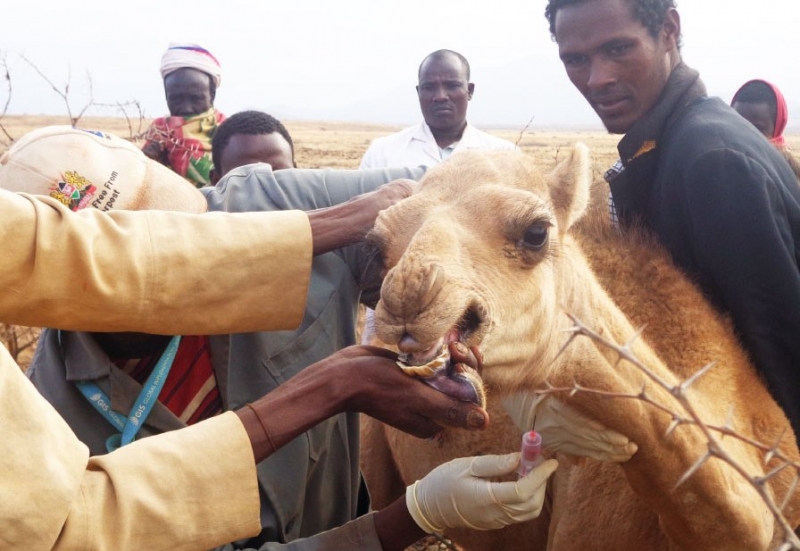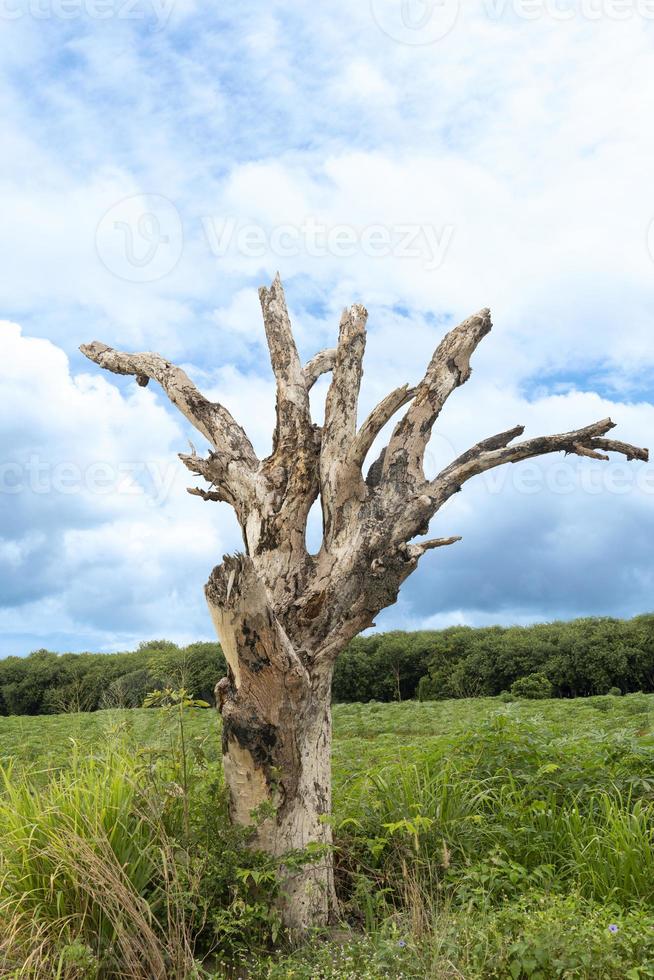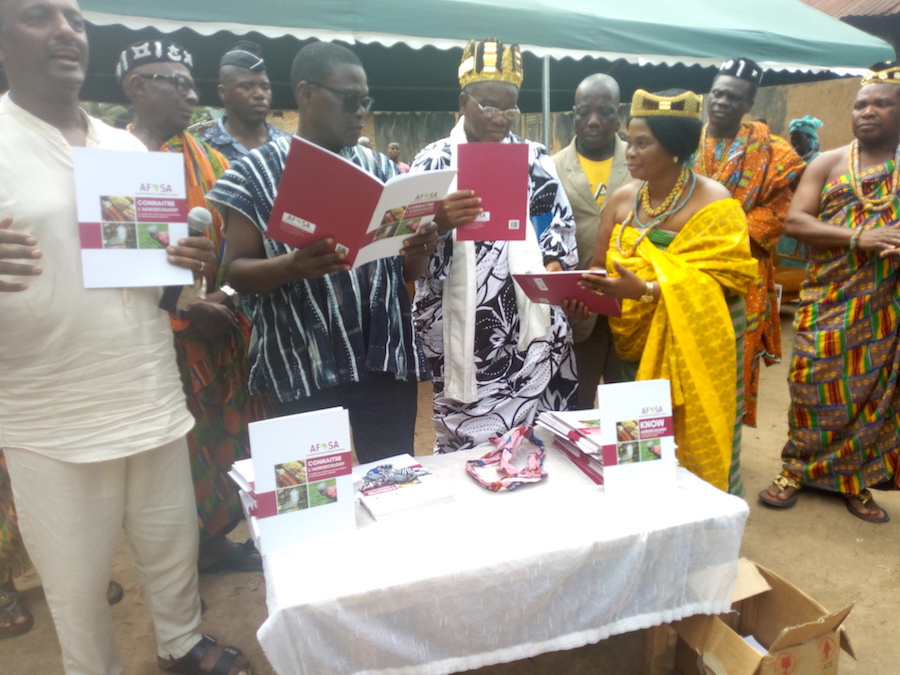
PAMACC News
Eleven different African institutions have come together through a consortium to build capacities of African scientists who are researching on common diseases, especially those that are transmitted from livestock to human and vice versa through a concept known as ‘One health.’
“Many times we treat tuberculosis in humans, but it doesn’t work because it is originating from livestock animals,” said Dr Bassirou Bonfoh, the Director for the consortium also known as African Science Partnership for Intervention Research Excellence (ASPIRE).
“One health concept therefore recognises that the health of people is connected to the health of animals and the environment, and must therefore be tackled wholesomely,” said Bonfoh.
One Health is therefore defined as a collaborative, multisectoral, and trans-disciplinary approach -working at the local, regional, national, and global levels – with the goal of achieving optimal health outcomes recognizing the interconnection between people, animals, plants, and their shared environment.
The consortium is currently supporting 60 young African scientists (Master, PhD students and Postdocs) who are currently researching on different diseases that include TB, brucellosis, rabies among many others.
From Kenya for example, James Akoko is one of the fellows studying brucellosis for his PhD at Maseno University.
Brucellosis is one of the neglected diseases, and it is transmitted from livestock to humans through poor meat handling, consumption of unpasteurized dairy products and direct contact with infected animals.
“My study seeks to understand the role of different animals in the treatment of the disease,” said Akoko.
He notes that if one is infected with the disease, then it is important to understand the origin in order to address the disease conclusively.
“In many cases, we treat brucellosis without knowing whether the patient picked it from a goat, a cow or even a camel,” said Akoko. To address this, his study insists on interviewing the patient to understand the very animals they interact with, what kind of meat they eat and also the milk they take so as to know the target for vaccination.
Through the consortium, Akoko is linked to supervisors based in Kenya, Tanzania and Switzerland. “We coordinate through skype meetings, emails, workshops and even conferences,” said the researcher.
Other researchers are focusing on major steps towards elimination of rabies in Africa.
“There is evidence that rabies can be eliminated. But we have not been able to do it,” said Bonfoh.
The scientists are therefore involved in efforts to eliminate rabies in Tanzania, Senegal and Côte d’Ivoire using an all inclusive e approach of ‘One health.’
“Governments need to take up the fight against these important diseases, which affect mostly the poor,” said Bonfoh. “But the problem has been that nearly all governments focus on priority diseases while neglecting some very important ones,” he said.












